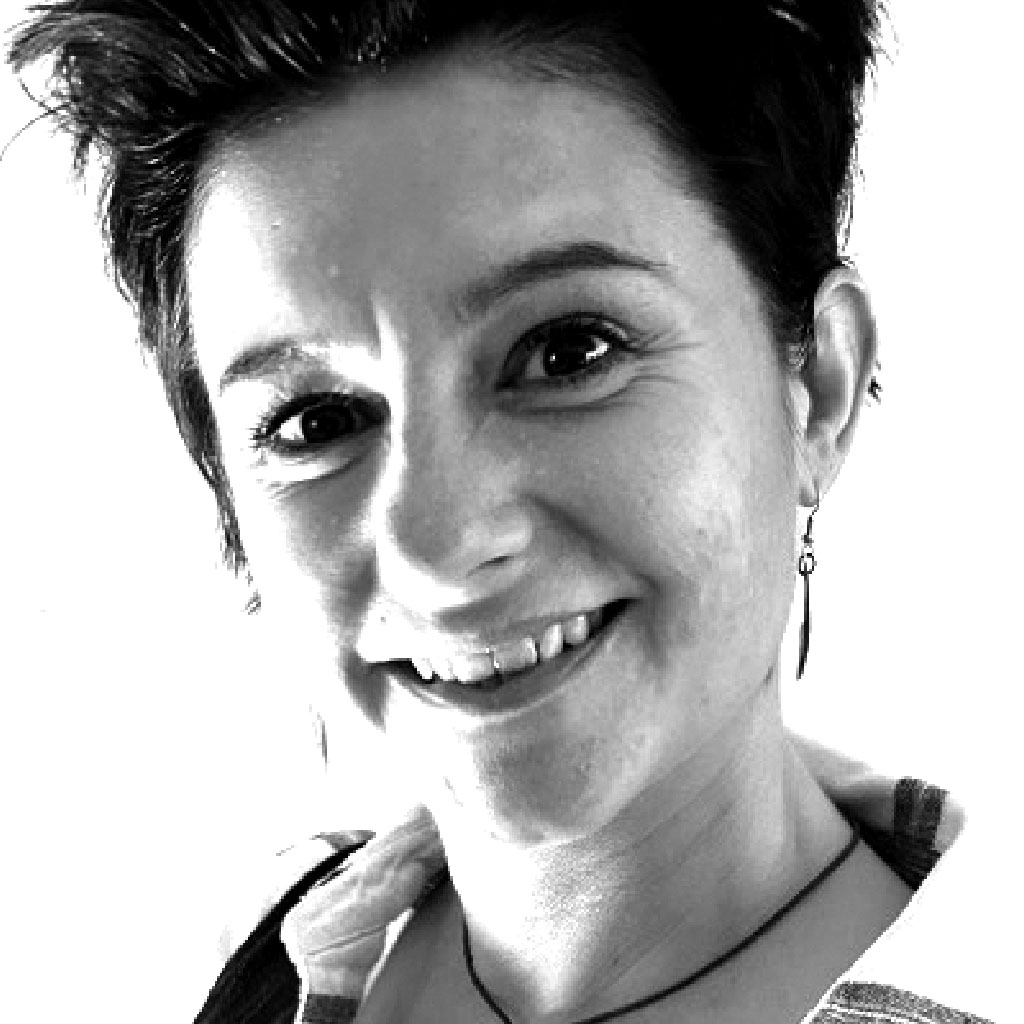
Jo
07305890303
[email protected]
Instant Availability please call before booking
Jo is an accomplished Integrative Counsellor holding a BA (Hons) and a progression of diplomas culminating in a Level 5 Foundation Degree in Counselling & Psychotherapy. Her eclectic therapeutic approach draws from a spectrum of methodologies, ensuring personalized support for each individual's needs. Jo's practical expertise extends to facilitating 'Nature & Nurture' support groups, aiding young people and their parents through emotional challenges by integrating the healing aspects of nature into therapy.
Her work also spans to support for those with learning and neuro-diverse conditions in forensic rehabilitation settings. Committed to professional excellence, Jo continuously updates her skills and maintains membership with the BACP, reflecting her adherence to stringent training and ethical standards.

Rebecca
07305890303
[email protected]
Instant Availability please call before booking
Rebecca is a compassionate mental health professional, specialising in counselling for issues like social anxiety, depression, and relationship challenges. With a focus on personal growth and behavioural change, she has experience in lifespan theories and has navigated the emotional aspects of parenthood.
Rebecca utilises multiple therapeutic approaches such as Humanistic, CBT, and CFT, tailoring her methods to each client's unique needs. She currently offers online sessions via Microsoft Teams, and over the phone. Actively expanding her skills, Rebecca is training in telephone counselling and plans to introduce Walk and Talk therapy.
Self esteem.
For many people, the term self harm can be best described as a form of self-injury that is non-fatal. It’s about trying to deface the body, usually from sources like cutting, burning and otherwise doing serious damage to your body. You will find that it’s not a form of suicide, nor is it necessarily about attention. Many times, it’s a means of processing feelings of anger, sadness and frustration about the world at large.
While self-injury can bring a momentary level of relief and calmness from the anger that you feel, it is not a cure. It’s often followed by the shame of the fact that you engage in such activity, and can produce the chance of going further than expected and putting one’s life at risk with fatal actions. Looking for a Psychologist London ?

The signs of harm.
Typically, the signs of someone practicing in self harm might include:
- Cuts, burns and other wounds that are visible or poorly hidden.
- Someone who seems to self-flagellate; burning of the arm etc.
- A desire to hold or be near sharp and dangerous objects.
- Wearing inappropriate clothing for the weather i.e. long-sleeve t-shirts in summer.
- A lack of identity and a constant asking of existential and deep questions of existence.
- Struggles to make friends or form any kind of meaningful bond with others.
- Unpredictable behaviour and nihilistic thinking, always bordering on the depressive.
This is a typically repetitive form of behaviour that can become almost compulsive in a moment of sadness, frustration and embarrassment. In rarer circumstance, self harm can be seen as a form of initiation in front of others to see if they can properly experience pain.
Seeking help.
Of course, the will comes when someone practicing self harm will need to seek out help and find assistance for the problem that they face. If you know someone who is self harming, then it pays to seek out medical assistance with them. Like most treatments, this should begin with a trip to a doctor to find out what the problem they are suffering from is.
Any form of self harm that you go through is driven by something else, and it’s imperative that you find out what that problem is and do what you can to address said issue. Talk to someone that you know, or someone that you trust; someone who lacks judgement and who will avoid giving you too much advice from the off. You simply might need to speak out, or verbalise your fears.
It’s important that you turn to someone who can you can talk to and get those feelings of fear and negativity dealt with. If you know someone who is in the process of self harm, then you should take this very seriously and perhaps consider enlisting help. If you are not a professional, then you cannot be seen as responsible for their well-being and recovery; it may feel like a betrayal, but reaching out for help is one of the most mature decisions that you can make at this point.
We recommend consulting any kind of mental health specialist for the person in question, from a paediatrician for children to a school counsellor or an adult in the health profession. It’s important that someone who is self harming speaks to someone who can listen and help professionally first and foremost.
Preventing self harm.
While it can be hard to read the signs and the symptoms, the best thing that you can do is try to help the person in question find some kind of inner peace and solace. There is no way to prevent someone from self harming 100%; you can only look to try and work with them to try and make them see sense and to stop this self-destructive behaviour.
Identify the people who are most at risk, and talk to them. Open up, let them see that you care and you too have negative feelings and emotions. Try and connect with them, and give them a means of trying to feel like they can talk to others, be around others and simply expand the number of people in their life that they can turn to for help.
The best way to prevent self- harm is to change the culture of the world around that particular person. Raise awareness with the adults in your life and help them see the common signs of someone who is in the process of self-harm.
The more that can be done now, the more people can be helped escape this negative and self-destructive attitude in future.


Jo
07305890303
[email protected]
Instant Availability please call before booking
Jo is an accomplished Integrative Counsellor holding a BA (Hons) and a progression of diplomas culminating in a Level 5 Foundation Degree in Counselling & Psychotherapy. Her eclectic therapeutic approach draws from a spectrum of methodologies, ensuring personalized support for each individual's needs. Jo's practical expertise extends to facilitating 'Nature & Nurture' support groups, aiding young people and their parents through emotional challenges by integrating the healing aspects of nature into therapy.
Her work also spans to support for those with learning and neuro-diverse conditions in forensic rehabilitation settings. Committed to professional excellence, Jo continuously updates her skills and maintains membership with the BACP, reflecting her adherence to stringent training and ethical standards.

Rebecca
07305890303
[email protected]
Instant Availability please call before booking
Rebecca is a compassionate mental health professional, specialising in counselling for issues like social anxiety, depression, and relationship challenges. With a focus on personal growth and behavioural change, she has experience in lifespan theories and has navigated the emotional aspects of parenthood.
Rebecca utilises multiple therapeutic approaches such as Humanistic, CBT, and CFT, tailoring her methods to each client's unique needs. She currently offers online sessions via Microsoft Teams, and over the phone. Actively expanding her skills, Rebecca is training in telephone counselling and plans to introduce Walk and Talk therapy.
Hoxton Therapy notice: Never act on any advice given in these articles or videos. Always seek professional help from us before acting on anything you read or watch on this website.